Two mentally disabled half-brothers, Henry McCollum and Leon Brown, were declared innocent and ordered freed by a judge on Tuesday, after spending three decades in prison for the 1983 rape and murder of an 11-year-old girl in North Carolina.
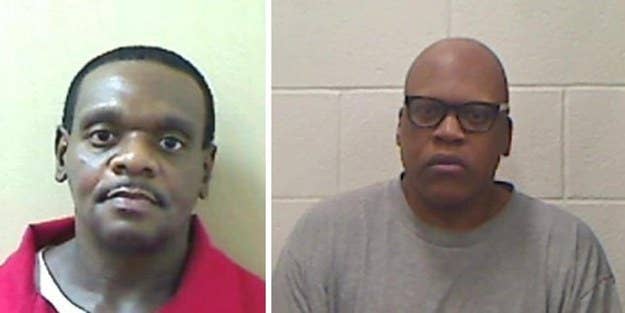
Their convictions were overturned after new DNA evidence pointed to a different man, whom authorities never had suspected, even though he lived a block away from where the victim's body was found and had admitted to a similar rape and murder, the New York Times reported.
Henry McCollum, 50, walked out of prison on Wednesday. He was one of North Carolina's longest-serving death row inmates.
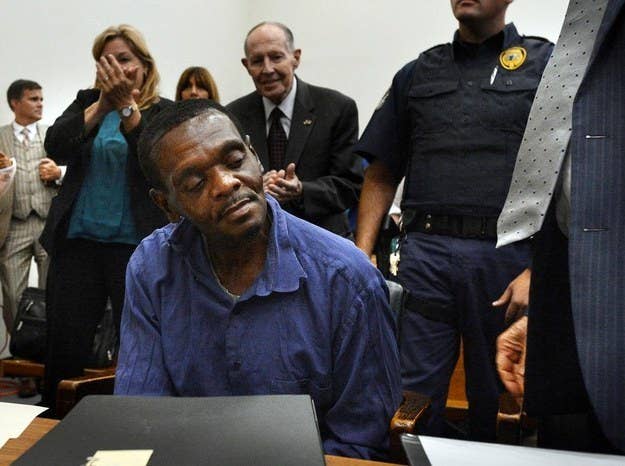
McCollum hugged his parents and thanked God after walking out of Central Prison in Raleigh, North Carolina. He told reporters that he hoped to get home and take a bath and that he would need to adjust to changes like the internet and cellphones, the Associated Press reported. A reporter had to show McCollum how to buckle his seat belt in his father's car.
Leon Brown, who was serving a life sentence, is also expected to be free later Wednesday.
The brothers were teenagers when they were arrested for the rape and murder of 11-year-old Sabrina Buie. Their defense attorneys long argued that police had coerced confessions from the two scared young men with low IQs.
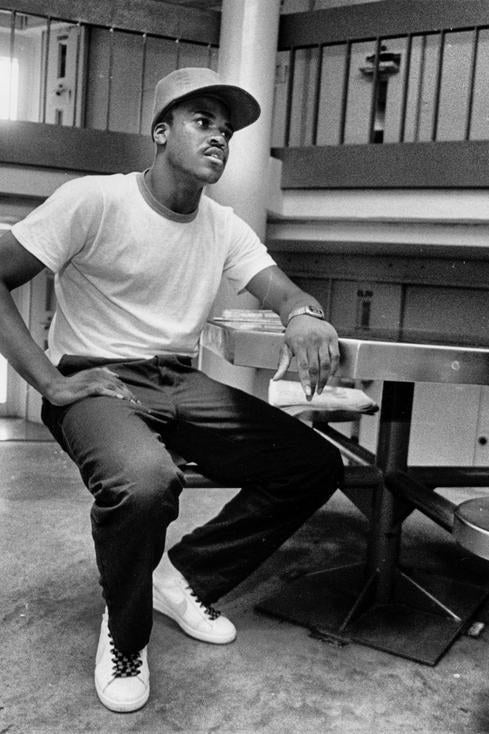
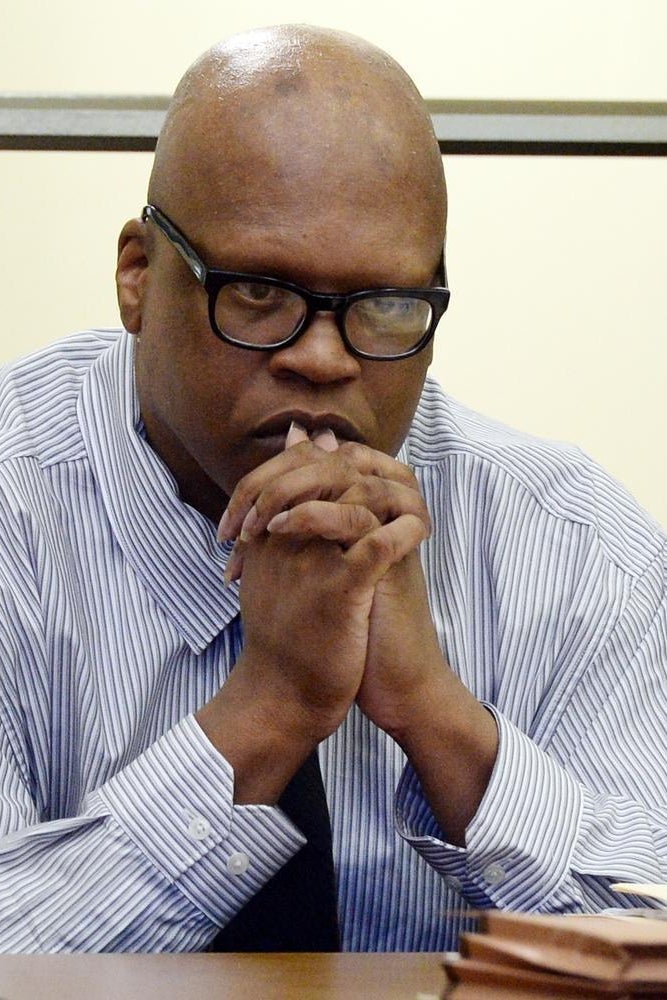
McCollum was 19 and Brown was 15 when there were suspected of murdering Sabrina Buie, an 11-year-old girl whose body was dumped in a field after she had been raped and suffocated with her underwear stuffed down her throat.
There was no physical evidence tying them to the crime, but after being questioned for five hours without a lawyer, McCollum said he and three others had attacked the girl, the New York Times reported.
Brown also confessed after being told about McCollum's confession and warned that he would be executed for not cooperating. Both men recanted their confession at the trial but were ultimately sentenced to death. Brown's sentence was later reduced to life in prison.
In a recent interview with The News & Observer, McCollum said he made up the story about attacking the girl so that he could just go home. "I had never been under this much pressure, with a person hollering at me and threatening me," he said.
Joe Freeman Britt, the district attorney who put the brothers on death row, was listed in the Guinness World Records as the "deadliest prosecutor" for handing out the most death penalty sentences in the U.S.

Britt was shocked that the brothers were freed. He told The News & Observer, "It's a tragic day for justice in Robeson County. That case was fought with powerful arguments, but apparently the district attorney just threw up his hands and capitulated."
However the current district attorney, Johnson Britt (not related to Joe Britt), acknowledged that there was strong evidence of the men's innocence and the state did not have a case to prosecute them again. He said confessions have often proven to be insufficient and inaccurate. "The prosecutor's duty is to seek justice, not merely to convict," he said before agreeing to release the men.
Superior Court Judge Douglas Sasser overturned the men's convictions before a packed courtroom, ending a case that symbolized the nation's divisive views on the death penalty.
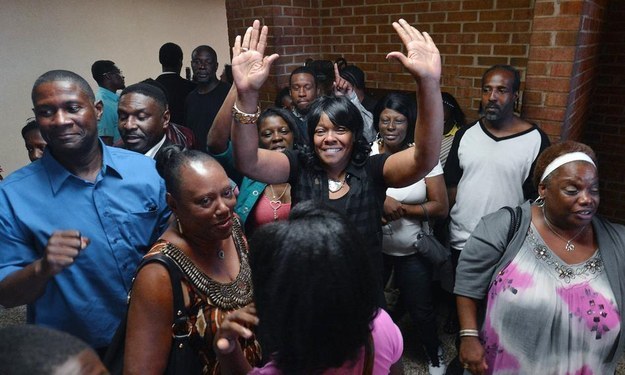
The judge overturned their convictions after hearing evidence that another man's DNA was found on a cigarette butt discovered near the body of the victim.
The DNA belonged to Roscoe Artis who is currently serving a life sentence for the rape and murder of an 18-year-old girl. Despite the fact that Artis lived a block away from Sabrina Buie and had confessed to another rape less than a month after her death, authorities continued to focus their investigation on McCollum and Brown without physical evidence.
The court heard testimony from Sharon Stellato, the associate director of the North Carolina Innocence Inquiry Commission, which carried out the DNA testing. Stellato had interviewed Artis, who repeatedly told her that McCollum and Brown were innocent.
In 1994, Justice Antonin Scalia specifically pointed to McCollum's case as being worthy of the death penalty.
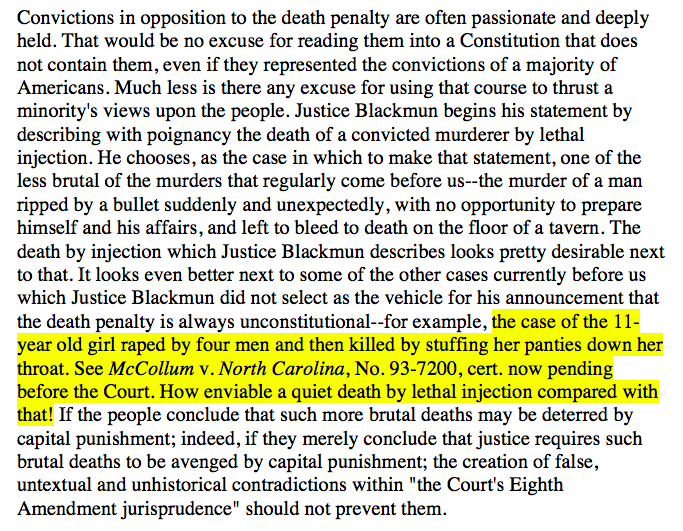
He was responding to Justice Harry Blackmun's opinion of the death penalty being unconstitutional in a different case. Scalia believed that Blackmun's position on the death penalty would be harder to defend in a case like McCollum's that "cries out for punishment."
Later that year, when the U.S. Supreme Court denied a review of McCollum's case, Blackmun said in his dissent that McCollum "has an IQ between 60 and 69 and the mental age of a 9-year old. He reads on a second grade level. This factor alone persuades me that the death penalty in his case is unconstitutional."
